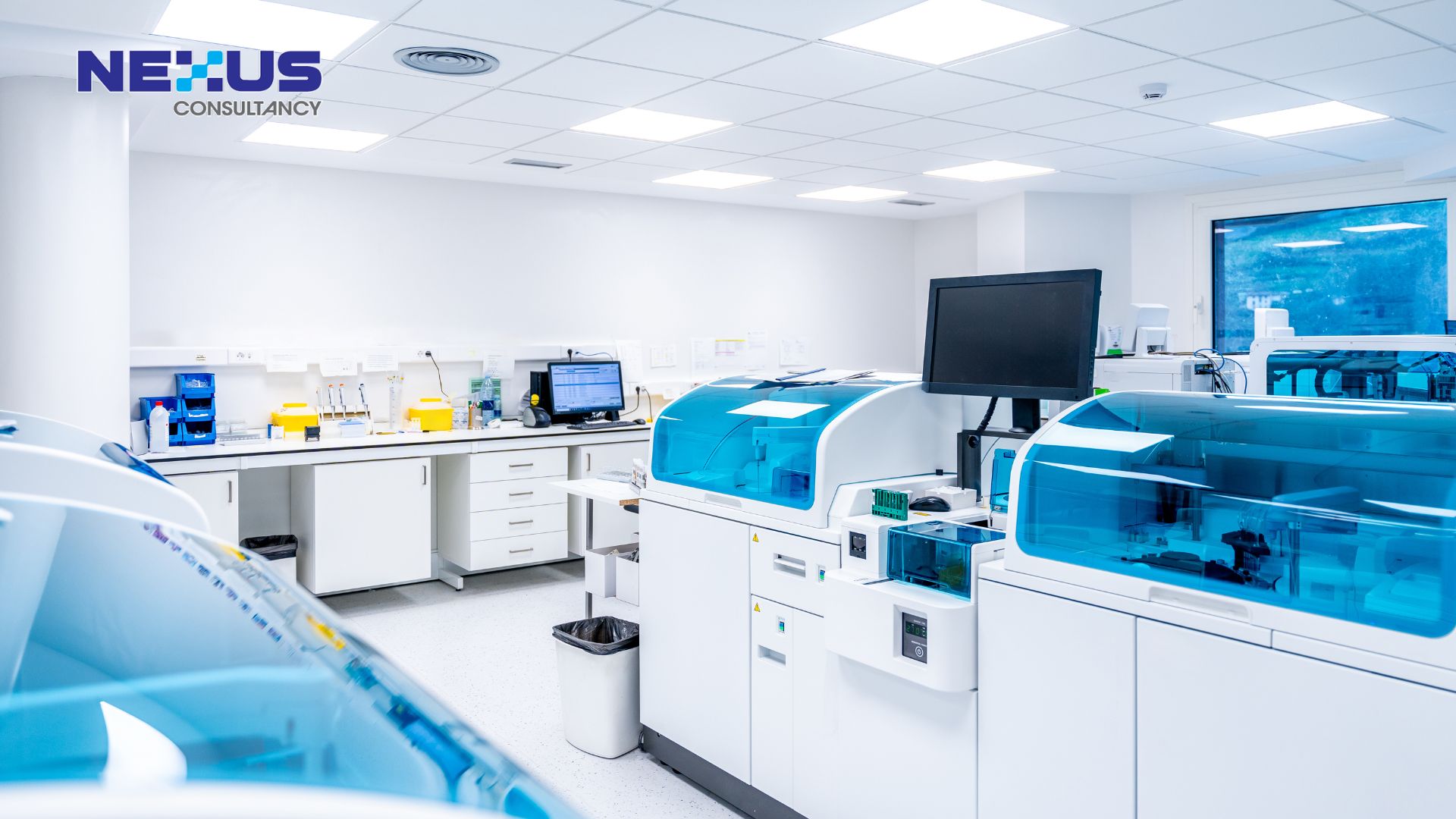
Danielle Tan
Chief Operating Officer
The ISO 14064-1 standard provides guidelines for organizations to quantify, monitor, and report greenhouse gas emissions and removals. This aims to explain the purpose and scope of ISO 14064-1, helping readers understand its importance in greenhouse gas reporting and environmental management.

When it comes to the food we eat, making sure it’s safe is really important. A Food Safety Management System (FSMS) is like a set of rules and practices to ensure our food is safe. To check if everything is working well, we have something called internal audits. These are like thorough checks that help us see if the rules are followed and if the system is doing its job. Internal audits are super important because they make sure our food is safe, follows the rules, and helps make things better if needed.

The Standards
Several standards in food safety management systems outline the specific requirements for internal audits, as follows:
|
FSSC 22000 version 6 ISO 22000:2018 |
8.8.1 Verification (ISO 22000) 9.2 Internal Audit (ISO 22000) 2.5.12 Site Inspections (FSSC 22000) |
|
CODEX HACCP 2020 |
3.11.2 Verification Procedures |
|
MS 1480:2019 |
6.3.7.4 Internal Audit |
|
BRCGS Food Safety Issue 9 |
3.2.1 Records 3.4.1 Internal Audit Program 3.4.2 Training and Independence 3.4.4 Documented Inspections. 7.2.1 Personal Hygiene |
Every company engaged in a Food Safety Management System (FSMS) internal audit encounters distinct challenges. It’s important to understand and deal with these challenges well to make sure the food they make is safe. Let’s look at the usual difficulties in FSMS internal audits and ways to solve them.
- Keeping up with Rules
Keeping track of always-changing rules can be tough. Update internal audit plans often to match the latest rules. Provide ongoing training for audit teams to improve their understanding of regulations. Keeping up with the rules helps the company always stick to the right standards, making sure everything is done the way it should be.
- Ensuring Thorough Document Review
Reviewing a multitude of documents can be time-consuming. To overcome this challenge, implement a systematic document management system that facilitates efficient retrieval and review. Utilize technology to streamline document examination processes.
- Minimize Operation Disruption
Making sure proper audit planning is thorough without causing problems in everyday work. Plan audits smartly to avoid disturbing daily operations. Keep communication open with employees for easy interviews and data collection. Use technology for collecting data without being intrusive.
- Strategic Reporting
Compiling audit findings into actionable reports can be complex. Standardize reporting templates to ensure consistency. Clearly articulate non-compliance areas and improvement recommendations. Encourage collaboration between auditors and operational teams during report preparation.
- Follow-up and Follow-through
One of the challenges in internal audit is effectively implementing corrective actions and verifying their impact. To overcome this challenge, develop a structured follow-up process with clear timelines for corrective action implementation. Leverage technology for tracking and monitoring progress. Engage cross-functional teams to ensure a comprehensive and effective response to identified issues.
To overcome these challenges, internal auditors should possess specific skills:
-
- Stay updated on industry rules and regulations: Attend regular training sessions to enhance understanding.
- Document Management: Implement a systematic document management system. Use technology for efficient document examination.
- Open Communication: Maintain open communication with employees for smooth data collection. Clearly communicate non-compliance areas and improvement suggestions. Foster collaboration between auditors and operational teams during report preparation.
- Structure Follow-up Process: Develop a structured follow-up process with clear timelines. Utilize technology for tracking and monitoring progress. Engage cross-functional teams to ensure a comprehensive response to identified issues.

Conclusion
By proactively addressing these challenges and implementing strategic solutions, companies can fortify their FSMS internal audit processes, ensuring the ongoing safety of their food products and reinforcing trust among stakeholders.
Take the First Step Towards Excellence! Contact us today to learn more about how your organization can overcome internal audit challenges.






